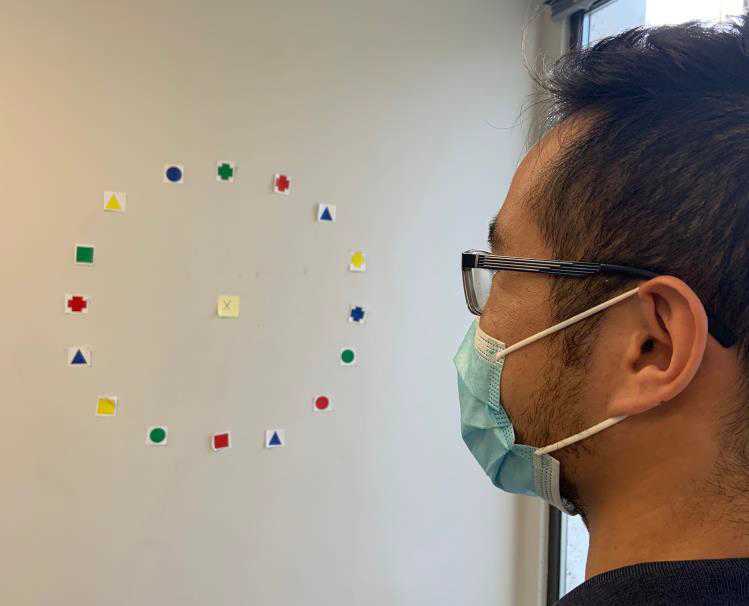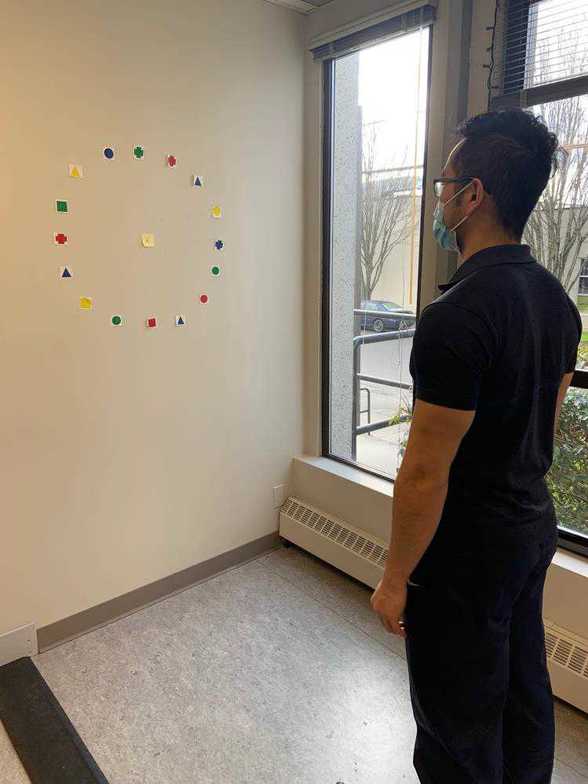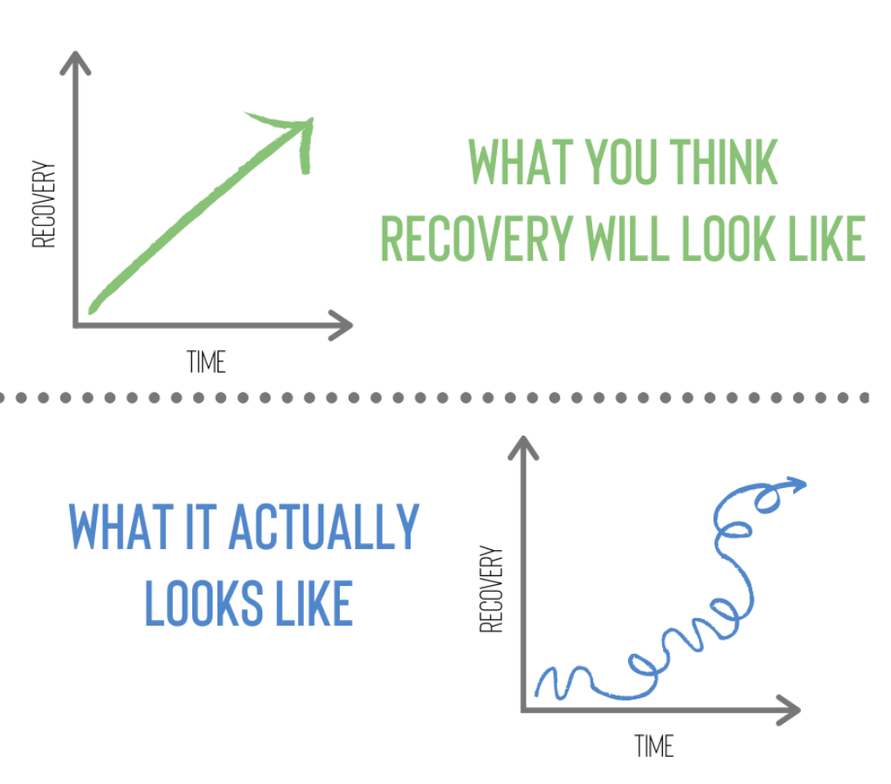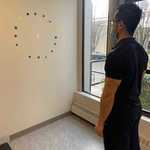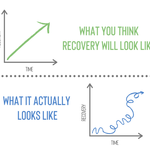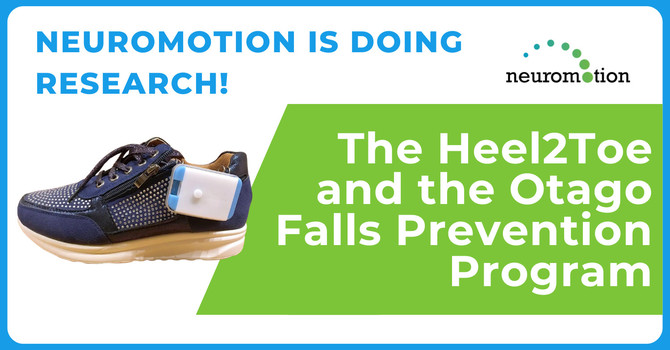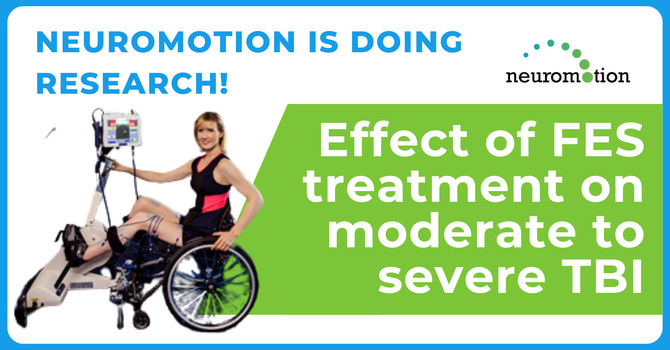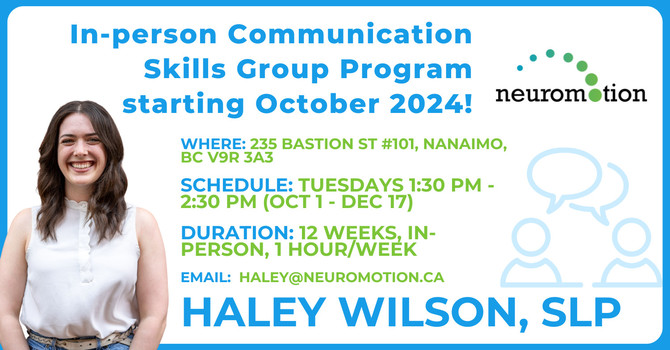What is a concussion?
Concussion has been defined as a traumatic brain injury induced by biomechanical forces. A concussion can occur not only from a direct bump, blow or jolt to the head. As well, a hit to the body that results in the brain being moved rapidly in the skull can lead to a concussion. A concussion is a type of brain injury that can affect how your brain works.
Symptoms of a concussion
Having a brain injury can cause various symptoms because the brain is responsible for so many different functions. The symptoms of a concussion can present very differently between each individual diagnosed. Individuals may experience changes to their behaviour, cognition or thinking, emotional responses, physical sensations or movement. Below is a list of symptoms that have been recognized to be associated with concussions:
Thinking
- Trouble thinking clearly
- Feeling foggy
- Feeling slowed down
- Hard time remembering and focusing
- Trouble finding words
Mood
- Nervous or anxious
- Frustrated
Emotional
- Angry or irritable
- Sad
Sleep
- Sleeping more or less than previously
- Hard time falling asleep or staying asleep
Physical
- Dizziness
- Sensitivity to light or noise
- Blurred or double vision
- Balance problems or changes with walking
- Ringing in ears
- Low energy or feeling sluggish
- Headaches
- Nausea or vomiting
*Keep in mind a lot of these symptoms can be present for other reasons or conditions and do not contribute to a concussion diagnosis by themselves.
What does rehabilitation from a concussion look like?
Concussion recovery is not always linear (Figure 3). There will be improvements and set backs through this complex journey. It is important to be patient with yourself and understand that your brain is working differently than before the injury. By following the advice of your healthcare team, you will see improvements but it takes time and effort to get there.
The therapists at Neuromotion in Victoria, Vancouver, and Surrey provide evidence based treatments that are individualized based on your specific goals. We implement the principles of Neuroplasticity to improve function in your daily life. Neuromotion also offers a multi-disciplinary approach by involving numerous disciplines based on your individual presentation and needs.
Working with a physical therapist for a concussion will involve education for managing symptoms, pain, how to get back to regular activities, and stress management. A physical therapist is able to assess and address your vestibular and vision systems. Treatment can also be directed to balance activities, walking re-training, safe endurance exercise and managing neck pain or dysfunction.
An occupational therapist can work with you on fatigue management, improving your sleep, understanding your symptoms and pains, managing headaches, and develop a plan for returning to work or school.
You may be referred to work with a kinesiologist. These treatments can focus on cardiovascular training, balance activities, rehabilitation for neck involvement, and core strengthening.
A Speech language pathologist will be involved in your care to work on word-finding strategies, memory and attention training, and regaining functional skills for success in the community.
A clinical counsellor, psychiatrist or psychologist may be involved in your care to identify emotional or mental changes from the injury and work towards understanding your reaction to the concussion and how it has affected your life.
Treatment from a massage therapist could include reducing muscle tension and improving range of motion through the head, neck and shoulders.
A concussion can be a life altering injury and the clinicians at Neuromotion are here to support you with the wide range of components that may be involved. If you have experienced a concussion or are living with post concussion symptoms, book in here.
Jordyn Page
Contact Me